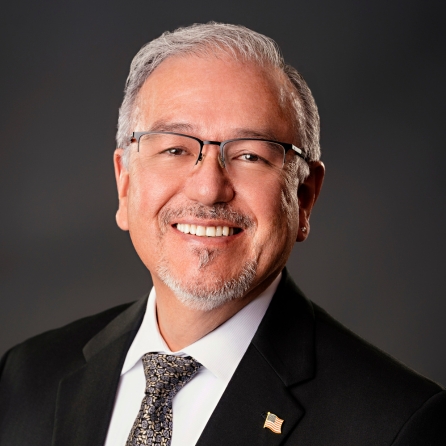
Quick Links
- What is a Hand Fracture?
- Testimonials
- What are the Symptoms of Hand Fractures?
- What Causes Hand Fractures?
- What Treatment Options Are Available for Hand Fractures?
- What to Expect After Hand Fracture Treatment
- Schedule a Consultation at the Regional Hand Center
- Frequently Asked Questions
- Patient Resources
- Meet The Team
What is a Hand Fracture?
The hand is made up of a complex framework of very small bones. A hand fracture occurs when a small breakage happens in one of these bones. When a hand fracture occurs, it can prevent you from having full mobility of your hands, wrist, and fingers.
A broken hand and a hand fracture are two names for the same thing. There are a few different kinds of fractures, and they include:
- Stable fractures: the bone pieces remain in place
- Unstable fractures: the bone pieces shift
- Comminuted fractures: the bone breaks into many small pieces
- Compound fractures: the bone breaks through the skin
In any of these cases, an orthopedic hand specialist should assess the fracture and discuss your treatment options so you can regain movement of your hand.
Before surgery the nurse even played my favorite music for me. Dr. Galli with all his experience put me at ease and ready to go through my surgery. I am healed now and using my hand at almost 100%. Thank you Regional Hand Center.
What are the Symptoms of Hand Fractures?
Hand fractures are painful, and the complex nature of their bone structure can mean it’s difficult to move your hand. It may feel stiff or even immobile. You may have difficulty moving your wrist or fingers, as well. Finally, in severe cases, you may see visible deformity of your hand, wrist, or fingers.
What Causes Hand Fractures?
Any kind of strong force can cause a hand fracture. One of the most common ways to break a hand includes falling and trying to catch yourself. However, automobile accidents and sports incidents are also common ways to break a hand.
What Treatment Options Are Available for Hand Fractures?
Your first step in treatment is diagnosing the type and location of the fracture. This typically includes an x-ray or other medical scan. From there, your orthopedic hand surgeon will assess the fracture and recommend treatment. Typically, a cast or splint can be used to support a stable fracture while it heals on its own. More serious fractures like unstable fractures may need to be set with surgery or an in-office procedure so it can be held in place with pins or screws. The most severe fractures where the bone has been completely crushed may require bone grafts to help repair the hand.
What to Expect After Hand Fracture Treatment
It’s normal to experience stiffness and soreness as your hand heals. You may also notice a small bump that forms, and it typically goes away with time. Your orthopedic hand specialist will monitor your progress and make sure your fracture heals as it should. Keep in mind that, because of the complex nature of the hand, you may not recover full mobility without physical therapy and additional treatment. Our team can ensure you know what to expect during your recovery and how to achieve best results from your treatment.
Schedule a Consultation at the Regional Hand Center
Hand fractures can be painful, but our team is here to help. To meet with our team, contact our Fresno, CA office by calling or filling out our online form.
Frequently Asked Questions
How many days rest is required for hand fracture?Can you move your hand after a fracture?Do Broken hands ever fully heal?What is the most common bone fracture in the hand?What helps a broken hand heal faster? |
Patient Resources
Whether you are planning a procedure or you are interested in options for treatment, the professional and caring Regional Hand Center team makes it easy to find the answers you need. For an appointment or answers to your questions, call (559) 322-HAND.
View All

Randi A. Galli, MD
Board-Certified Surgeon
Dr. Randi Galli is certified by the American Board of Plastic Surgeons and a Fellow of the American College of Surgeons. A member of Alpha Omega Alpha, the medical honor society that comprises the top ten percent of medical students, Dr. Galli received his Medical Degree from Tulane University School…
Learn More

Ricardo Avena, MD
Board-Certified Surgeon
Dr. Ricardo Avena is board certified by the American Board of Surgery and is a Fellow of the American College of Surgeons. Born and raised in Mexico City, Dr. Avena attended medical school at the National Autonomous University of Mexico. Upon graduation, Dr. Avena received his certification from the Educational…
Learn More
Isobel Santos, MD
Board-Certified Surgeon
Dr. Santos attended the University of California, Berkeley with a B.A in Molecular and Cell Biology with a focus on Cell and Developmental Biology. She then received her medical degree at University of Vermont College of Medicine where she was nominated to be a member of the Alpha Omega Alpha…
Learn More